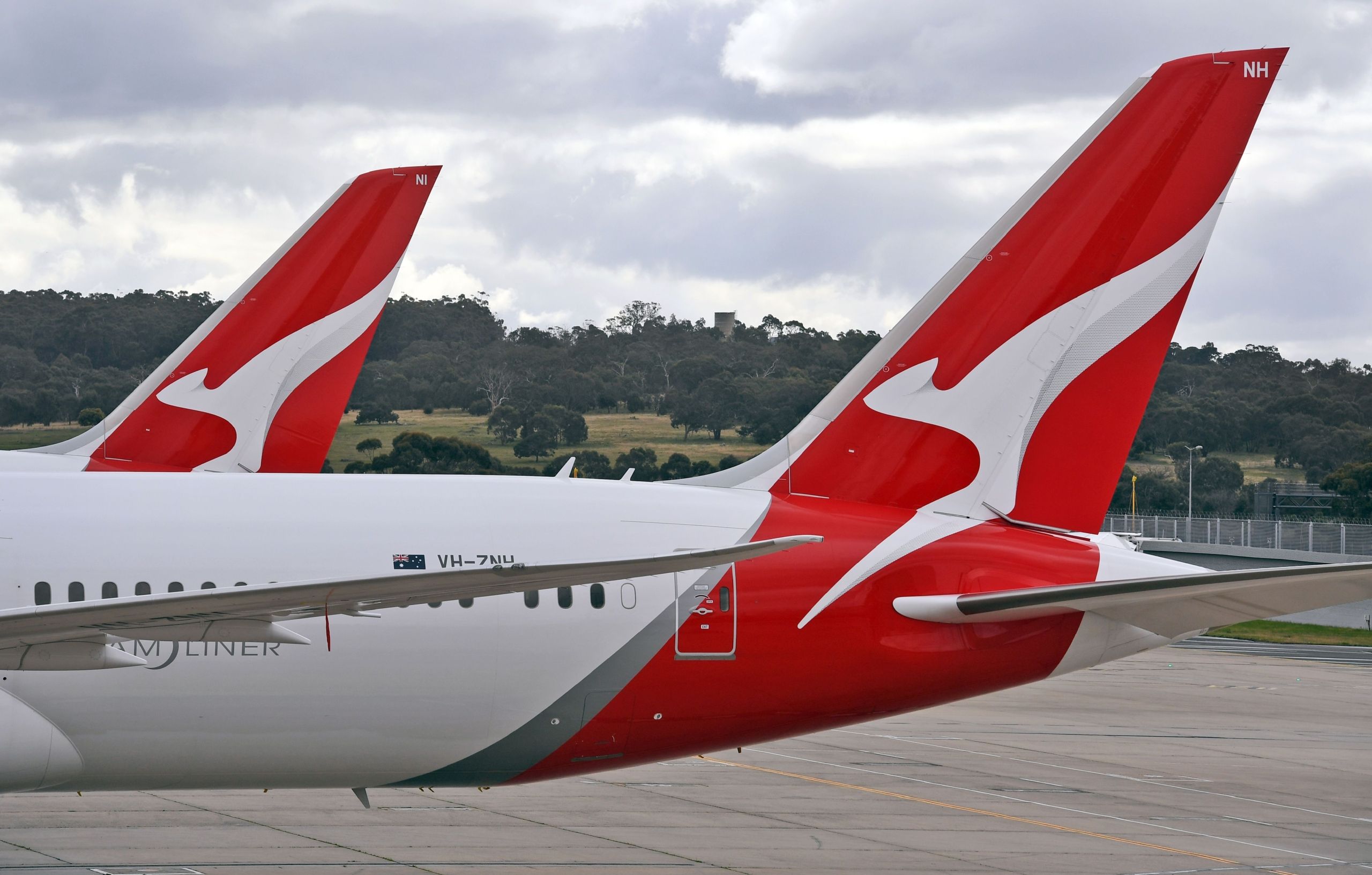The court hears that nearly 1,700 Qantas workers who were unlawfully sacked would have faced retrenchment the following year

Legal proceedings are underway to determine compensation for nearly 1,700 Qantas workers who were unlawfully terminated. The hearings revealed that the airline would have proceeded with outsourcing the jobs the following year due to financial objectives and strict Covid regulations in Australia.
The ongoing legal battle between the Transport Workers Union (TWU) and Qantas concerns the decision to outsource jobs across 10 airports in late 2020. The federal court deemed this action illegal as it violated protections outlined in the Fair Work Act and was partly motivated by a desire to avoid industrial disputes.
Qantas appealed the decision, but both the full bench of the court and the high court upheld the ruling. The case is now back in the federal court where Justice Michael Lee will determine compensation for the affected workers and penalties for the airline.
Both parties presented arguments about what would have happened if the illegal outsourcing hadn’t occurred in 2020. Qantas suggested that the workers would have been retrenched the following year regardless, aiming to minimize the compensation amount. Conversely, the TWU proposed that total compensation could surpass $100 million.
During the proceedings, Colin Hughes, former executive general manager of airports at Qantas, testified that even in 2021, there were compelling commercial reasons to outsource the ground-handling roles. He cited the pandemic’s impact and the airline’s financial targets as key factors influencing this decision.
Hughes acknowledged the risks associated with outsourcing, including legal, political, and reputational concerns. However, he emphasized the financial pressures facing the airline amid strict government regulations and intense competition within the aviation industry.
Regarding the possibility of making the same decision in 2021, Hughes stated that he would have recommended proceeding with the outsourcing proposal due to its potential cost savings and operational benefits.
The compensation hearings also shed light on the psychological distress experienced by some workers following their termination. Testimonies revealed cases of severe mental health issues, with workers resorting to medication to cope with the stress and anxiety caused by the job loss.
In response to these revelations, a Qantas spokesperson expressed regret for the impact of the outsourcing decision on the affected employees and pledged to ensure fair compensation. However, in addition to compensating the workers, Qantas faces the prospect of significant penalties for breaching employment laws.



